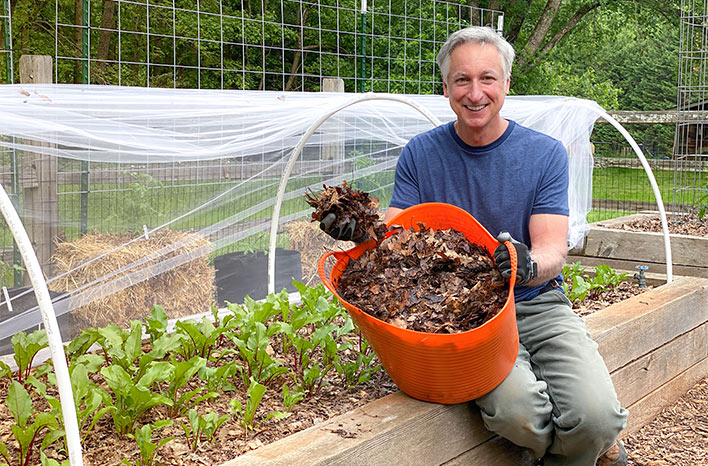Introduction
Mulching raised garden beds is a game-changer for gardeners seeking healthier plants and higher yields. Mulch acts as a protective layer over the soil, helping to conserve moisture, suppress weeds, and regulate temperature. Choosing the right mulch can significantly improve soil quality and plant health in raised beds. This article explores expert insights on selecting, applying, and maintaining mulch specifically for raised garden beds, ensuring you get the best results from your garden.
Why Mulch Is Essential for Raised Garden Beds
Raised garden beds offer excellent drainage and soil control, but they also expose soil to faster drying and temperature fluctuations. Mulch addresses these challenges by:
- Retaining soil moisture: Mulch reduces evaporation, keeping roots hydrated.
- Suppressing weeds: A thick mulch layer blocks sunlight, preventing weed seeds from germinating.
- Regulating soil temperature: It insulates soil from extreme heat or cold.
- Enhancing soil fertility: Organic mulches break down, adding nutrients and improving soil structure.
Experts agree that mulching is one of the most effective ways to maximize the benefits of raised beds.
Best Types of Mulch for Raised Garden Beds
Organic Mulch Options
Organic mulches are popular due to their soil-enriching properties. Common choices include:
- Straw or hay: Lightweight and excellent at moisture retention, ideal for vegetable beds.
- Wood chips or bark: Long-lasting but best for pathways or perennial beds; avoid fresh wood chips as they can tie up nitrogen.
- Compost: Adds nutrients directly and improves soil biology.
- Leaves: Shredded leaves decompose quickly, enhancing soil texture.
Inorganic Mulch Options
While less common in raised beds, some gardeners use inorganic mulches such as:
- Landscape fabric: Effective weed barrier but limits organic matter addition.
- Gravel or stones: Suitable for decorative beds but less helpful for moisture retention.
Expert Recommendation
For raised garden beds, organic mulches are generally preferred because they improve soil health over time. Straw or shredded leaves provide a lightweight, nutrient-rich option that’s easy to work with.
How to Apply Mulch in Raised Garden Beds
Proper mulching technique is crucial for optimal benefits:
- Prepare the soil: Remove weeds and water the soil thoroughly.
- Apply mulch thickness: Spread a 2-3 inch layer of mulch evenly across the bed. Too thin reduces effectiveness; too thick can suffocate roots.
- Keep mulch away from plant stems: Maintain a 1-2 inch gap around stems to prevent rot.
- Replenish regularly: Organic mulch breaks down and should be topped up seasonally.
Consistent mulching leads to healthier soil microbes and better moisture retention.
Common Questions About Mulching Raised Beds
How Often Should You Mulch Raised Garden Beds?
Mulch should be refreshed every 1-3 months, depending on the material and climate. Organic mulches decompose faster and need more frequent replenishment.
Can Mulch Prevent Soil Compaction in Raised Beds?
Yes, mulch cushions the soil surface and reduces the impact of heavy rain, preventing compaction and promoting root growth.
Is It Okay to Use Grass Clippings as Mulch?
Grass clippings can be used if they are dry and free of herbicides. They decompose quickly and add nitrogen but should be applied in thin layers to avoid matting.
Benefits Backed by Research and Expert Insight
Studies show mulched raised beds retain up to 50% more moisture than unmulched beds, reducing watering needs significantly. Renowned horticulturist Dr. Linda Chalker-Scott emphasizes that mulch not only conserves moisture but also improves microbial diversity, which boosts plant resilience. Gardeners report fewer weeds and healthier plants, making mulch a vital component of raised bed success.
Conclusion
Mulching raised garden beds is a simple, effective strategy to improve plant health, conserve water, and reduce weeds. Choosing the right organic mulch, applying it correctly, and maintaining it regularly can transform your gardening experience. Whether you opt for straw, shredded leaves, or compost, mulch acts as a protective and nourishing blanket for your soil. Embrace mulching as a foundational gardening practice and watch your raised beds thrive season after season.
